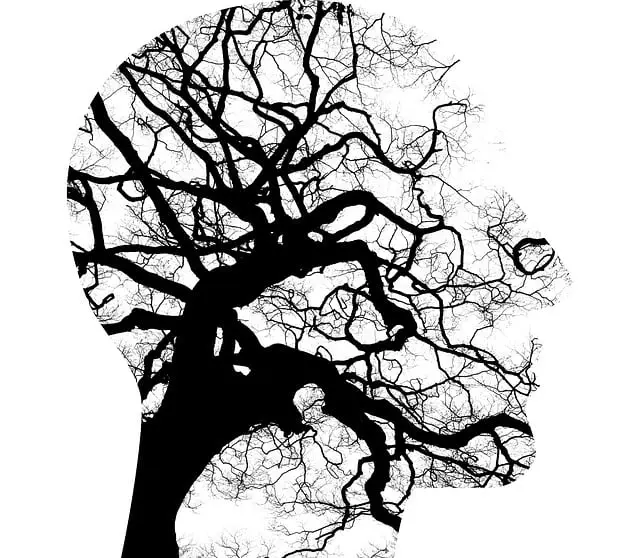The Kaiser Permanente behavioral health center in Arvada prioritizes cultural competence, ensuring respectful and personalized mental healthcare for all patients. By recognizing cultural differences and integrating relevant techniques, therapists create a supportive environment. This approach respects diverse backgrounds, improves outcomes, and encourages individuals from various ethnic groups to seek help. The center's commitment to cultural sensitivity, through staff training and community engagement, sets a standard for holistic care in the industry.
Cultural sensitivity is a cornerstone of effective mental healthcare, ensuring equitable and compassionate services for all. This article explores cultural competence within the context of Kaiser Permanente behavioral health centers, focusing on Arvada’s role in advancing this vital practice. We delve into the significance of understanding diverse cultural contexts, addressing challenges like language barriers, and providing strategies to enhance inclusivity through training, diverse treatment approaches, and inclusive environments at Kaiser Permanente facilities.
- Understanding Cultural Competence in Mental Health Care
- – Definition and significance of cultural sensitivity in the mental healthcare setting
- – The role of a Kaiser Permanente behavioral health center Arvada in promoting cultural competence
Understanding Cultural Competence in Mental Health Care

Cultural competence is a cornerstone in providing effective mental healthcare, especially at centers like the Kaiser Permanente behavioral health center in Arvada. It involves recognizing and appreciating the diverse cultural backgrounds of patients and adapting therapeutic approaches to meet their unique needs. Understanding that culture shapes not only an individual’s beliefs and values but also their perception of mental illness and treatment, is crucial.
At the Kaiser Permanente behavioral health center in Arvada, professionals are trained to deliver services sensitive to various ethnic, racial, and cultural identities. This involves learning about different communities’ specific mental health challenges, strengths, and barriers to care. By incorporating culturally relevant techniques like self-esteem improvement, conflict resolution methods, and positive thinking strategies, therapists create a supportive environment that fosters trust and engagement. Such an approach ensures that every patient receives respectful, equitable, and tailored care, ultimately enhancing their journey towards healing.
– Definition and significance of cultural sensitivity in the mental healthcare setting

Cultural sensitivity in mental healthcare refers to the ability to understand, appreciate, and respect the diverse cultural backgrounds, beliefs, and values of individuals seeking treatment. It involves creating a safe and inclusive environment where clients from various ethnic, racial, religious, or socio-economic groups feel seen, heard, and valued. This is particularly crucial at institutions like Kaiser Permanente behavioral health centers in Arvada, where a diverse patient population accesses mental wellness services.
At the core of cultural sensitivity lies the recognition that mental health experiences and expressions can vary significantly across cultures. What might be considered normal or pathological in one culture could be viewed differently in another. Mental Wellness Journaling Exercise Guidance and Burnout Prevention Strategies for Healthcare Providers are essential tools to enhance cultural sensitivity. Public Awareness Campaigns Development, focused on promoting understanding and reducing stigma, also play a vital role in fostering an environment where individuals from all backgrounds can seek help without hesitation.
– The role of a Kaiser Permanente behavioral health center Arvada in promoting cultural competence

The Kaiser Permanente behavioral health center Arvada plays a pivotal role in promoting cultural competence within the mental healthcare landscape. By fostering an environment that respects and values diverse cultural backgrounds, this center ensures that all patients receive care tailored to their unique needs. It accomplishes this through comprehensive training programs for its staff, emphasizing the importance of understanding cultural nuances in mental health practices. These initiatives are further enhanced by regular workshops focused on stress management and emotional healing processes, ensuring a holistic approach to patient care.
The center’s commitment extends beyond treatment; it integrates cultural sensitivity into every aspect of patient interaction, from initial assessments to ongoing therapy sessions. This inclusive strategy not only improves patient outcomes but also creates a safe and supportive space for individuals from various ethnic, racial, and cultural origins. By adopting such progressive measures, the Kaiser Permanente behavioral health center Arvada sets an example for other mental healthcare providers, highlighting the significance of cultural competence in enhancing the overall well-being of its diverse community.
Cultural sensitivity is an indispensable aspect of mental healthcare, ensuring that services are accessible and effective for all individuals. The Kaiser Permanente behavioral health center Arvada serves as a model for cultural competence, demonstrating how organizations can create inclusive environments by understanding and respecting diverse cultural backgrounds. By integrating cultural sensitivity into their practices, mental healthcare providers can significantly improve patient outcomes and foster better relationships within the community. This approach is crucial in addressing the unique needs of various populations, ultimately enhancing the overall well-being of a diverse society.






